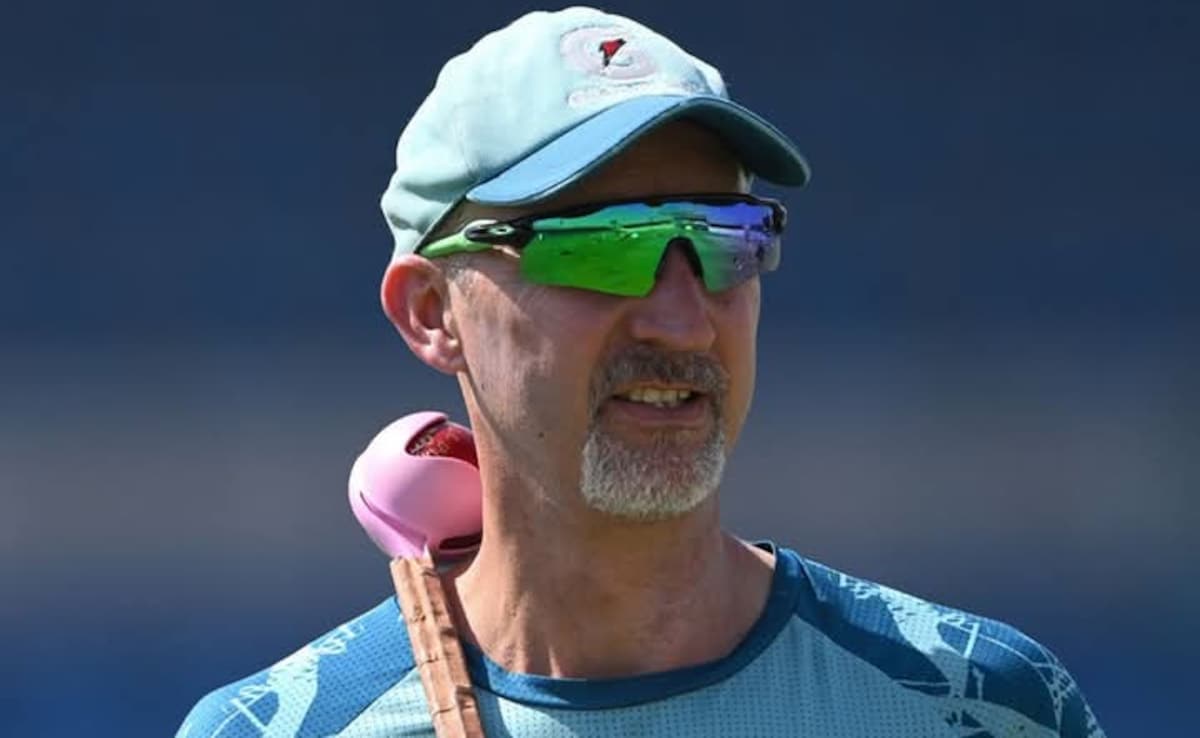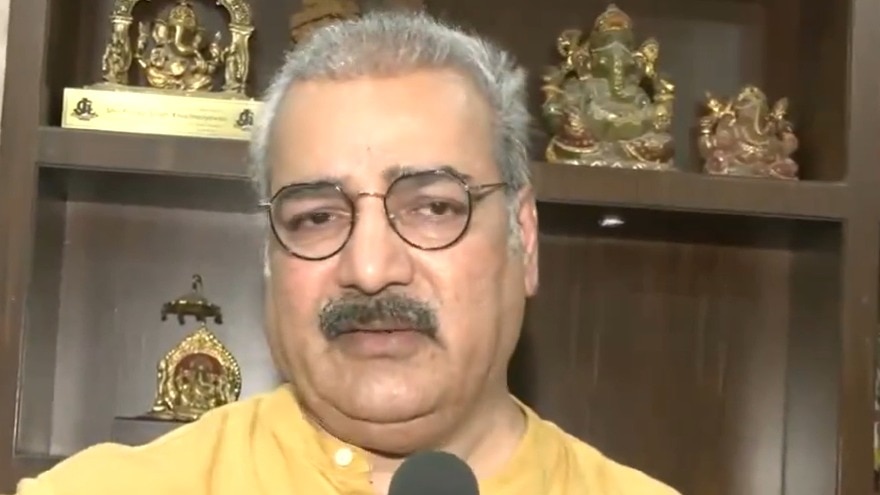School staff who work with students with disabilities are sometimes hurt by the students they serve. That can make it harder to hire staff, at a time when there’s already a nationwide shortage.
MICHEL MARTIN, HOST:
School staff who work with students with disabilities sometimes get hurt by the students they serve. That can make it harder for school districts to hire special education staff, jobs that are already hard to fill. As Texas Public Radio’s Camille Phillips reports, the staffing shortage in one district has made these jobs more difficult and more dangerous.
CAMILLE PHILLIPS, BYLINE: Margo Jimenez shows me around the yard outside her home on the outskirts of San Antonio.
MARGO JIMENEZ: So this is where I spend my time now, out, you know, working on the yard, because this is something that my husband loved to do.
PHILLIPS: There’s a memorial to her late husband, Fred Jimenez, by the tree line, a stone with his name engraved on it.
JIMENEZ: This is how I honor my husband for right now until I can get something more permanent.
PHILLIPS: Fred died in February at the age of 73. He worked for the Northside Independent School District in San Antonio as a special education instructional assistant, helping students with their learning and physical needs. Every so often, Margo says, her husband came home with injuries after being hurt by students.
JIMENEZ: One day he came home with black eyes, glasses were broken, and he had bites on his arm. And I said, well, did you report it? He said no. I said why not? He said, Margo, because it happens all the time.
PHILLIPS: On February 7, Fred was pushed by a high school student who has a cognitive disability. He fell and hit his head, and it led to a brain bleed and eventually Fred’s death. This is an extreme case. But the situations Fred faced in the classroom are a common story.
SUSAN DVORAK MCMAHON: No, it’s not surprising.
PHILLIPS: Susan Dvorak McMahon is a psychology professor at DePaul University. She studies violence against educators and has conducted national surveys of educator experiences. Among her findings published last year, special educators are more likely to experience violence or aggression from students.
MCMAHON: These issues have been going on for a while. And because we asked teachers about their worst, those most upsetting experiences, we read a lot of responses that are really – they’re very difficult to read.
PHILLIPS: There isn’t a lot of research on how often special educators are hurt at work. But a Pennsylvania study found special educators were nearly three times more likely to be physically assaulted by students. That’s compared with general educators. The study was published in 2014.
SHEREE KREUSEL: I’ve had so many injuries.
PHILLIPS: Sheree Kreusel used to work with Fred Jimenez. After he died, she and other colleagues filed an internal complaint with the Northside district. They allege that his death was part of a widespread pattern of student-caused injuries in special education classrooms.
KREUSEL: I’ve had three concussions, two broke noses, stabbed in the stomach, numerous bites, you know, scars from bites. And that’s just kind of a normal thing, unfortunately.
PHILLIPS: Kreusel teaches middle schoolers with cognitive disabilities. For the past 15 years, she’s worked in a classroom that’s only for students with higher levels of need. She says she loves her students and doesn’t blame them for hurting her. Many of them have their own triggers, and Kreusel does her best to learn them. But she isn’t always able to avoid an outburst.
KREUSEL: The student may be aggressive, but it doesn’t mean they are targeting you because they hate you. It’s usually something that has happened, and they might be nonverbal. They can’t express it, and they just blow up.
PHILLIPS: And when they blow up, the teachers’ complaint says, there isn’t enough staff to address it. Exhibits full of photos and email exchanges paint a picture of how staffing shortages can lead to unsafe conditions and serious injuries. Boston University researcher Elizabeth Bettini studies special education. She says, when it comes to students who are prone to aggressive behavior…
ELIZABETH BETTINI: You really need three people to be involved, because you need two people to be part of keeping the students safe and then you need a third one to collect data.
PHILLIPS: In other words, to document what’s happening. But Kreusel says the district’s staffing shortages means educators are sometimes alone in a classroom. The district acknowledges this does happen. District officials say they can’t comment on the complaint while it is ongoing. However, Tracy Wernli, who oversees special education services for the district, agreed to answer more general questions. I started by asking about the death of Fred Jimenez.
TRACY WERNLI: Horrible, horrible event, accident that happened very well-loved instructional assistant in our district, so absolutely devastating.
PHILLIPS: A recent federal survey found that nationwide, special education vacancies are the most difficult for schools to fill. That’s been true in Northside, and a big reason for that is money. Wernli says the special education money they get from the state and federal government isn’t enough to cover their costs.
WERNLI: We spend a lot more than what we’re given.
PHILLIPS: Northside’s starting pay is less than $16 an hour for instructional assistants. Wernli says they can’t afford to pay more. But for a lot of people, that’s not enough compensation for a job that involves managing everything from diaper changes to violent outbursts, to hands-on instruction.
WERNLI: There are people that do that and do it with passion and love it. And there are people that it’s just not for them.
PHILLIPS: Kreusel, the teacher who worked with Fred, knows money problems and staffing shortages are a challenge for districts everywhere. But it doesn’t change her reality. She thinks she and her colleagues will continue to get hurt until the district hires more instructional assistants and pays them well enough that they’re willing to stay.
KREUSEL: I’m afraid what happened with Fred, people hear about that, and they don’t want to do this job. I mean, they can get paid more working at Chick-fil-A than being an instructional assistant.
PHILLIPS: She says she needs the district to know that special educators like her are getting hurt all the time.
For NPR News, I’m Camille Phillips in San Antonio.
(SOUNDBITE OF FLAWED MANGOES’ “RIFF 2”)
Copyright © 2024 NPR. All rights reserved. Visit our website terms of use and permissions pages at www.npr.org for further information.
NPR transcripts are created on a rush deadline by an NPR contractor. This text may not be in its final form and may be updated or revised in the future. Accuracy and availability may vary. The authoritative record of NPR’s programming is the audio record.



Leave a Comment